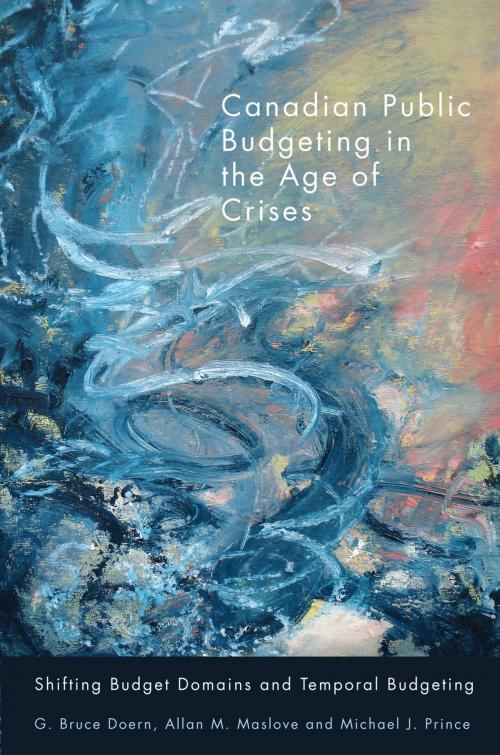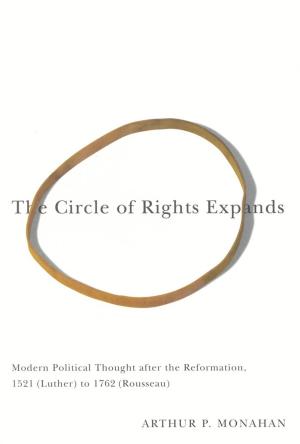Canadian Public Budgeting in the Age of Crises
Shifting Budgetary Domains and Temporal Budgeting
Nonfiction, Social & Cultural Studies, Political Science, International| Author: | G. Bruce Doern, Allan M. Maslove, Michael J. Prince | ISBN: | 9780773588530 |
| Publisher: | MQUP | Publication: | April 18, 2013 |
| Imprint: | MQUP | Language: | English |
| Author: | G. Bruce Doern, Allan M. Maslove, Michael J. Prince |
| ISBN: | 9780773588530 |
| Publisher: | MQUP |
| Publication: | April 18, 2013 |
| Imprint: | MQUP |
| Language: | English |
In the aftermath of the 2008 financial crunch, a pending era of budgetary austerity looms over Canada. Canadian Public Budgeting in the Age of Crises provides a roadmap through the difficult fiscal decisions that have characterized contemporary federal politics across four decades. The authors provide an accessible and comprehensive overview of the constraints that have affected budgetary outcomes in the recent past and that will affect the near future, with analysis spanning micro, macro, social, environmental, and intergenerational domains. They examine the current Harper government's Conservative era, but also look at public budgeting under Chrétien, Mulroney, and Trudeau. Set in the crucial context of macroeconomic policy shifts and in a global comparative context, Canadian Public Budgeting in the Age of Crises broadens and deepens our understanding of government spending, borrowing, and taxing. Budgetary domains - complex realms of fiscal content, choice, and governance - are introduced and balanced against an analysis of these domains with pertinent and up-to-date discussions on institutional influences, dominant actors, and shifting power imbalances.
In the aftermath of the 2008 financial crunch, a pending era of budgetary austerity looms over Canada. Canadian Public Budgeting in the Age of Crises provides a roadmap through the difficult fiscal decisions that have characterized contemporary federal politics across four decades. The authors provide an accessible and comprehensive overview of the constraints that have affected budgetary outcomes in the recent past and that will affect the near future, with analysis spanning micro, macro, social, environmental, and intergenerational domains. They examine the current Harper government's Conservative era, but also look at public budgeting under Chrétien, Mulroney, and Trudeau. Set in the crucial context of macroeconomic policy shifts and in a global comparative context, Canadian Public Budgeting in the Age of Crises broadens and deepens our understanding of government spending, borrowing, and taxing. Budgetary domains - complex realms of fiscal content, choice, and governance - are introduced and balanced against an analysis of these domains with pertinent and up-to-date discussions on institutional influences, dominant actors, and shifting power imbalances.















